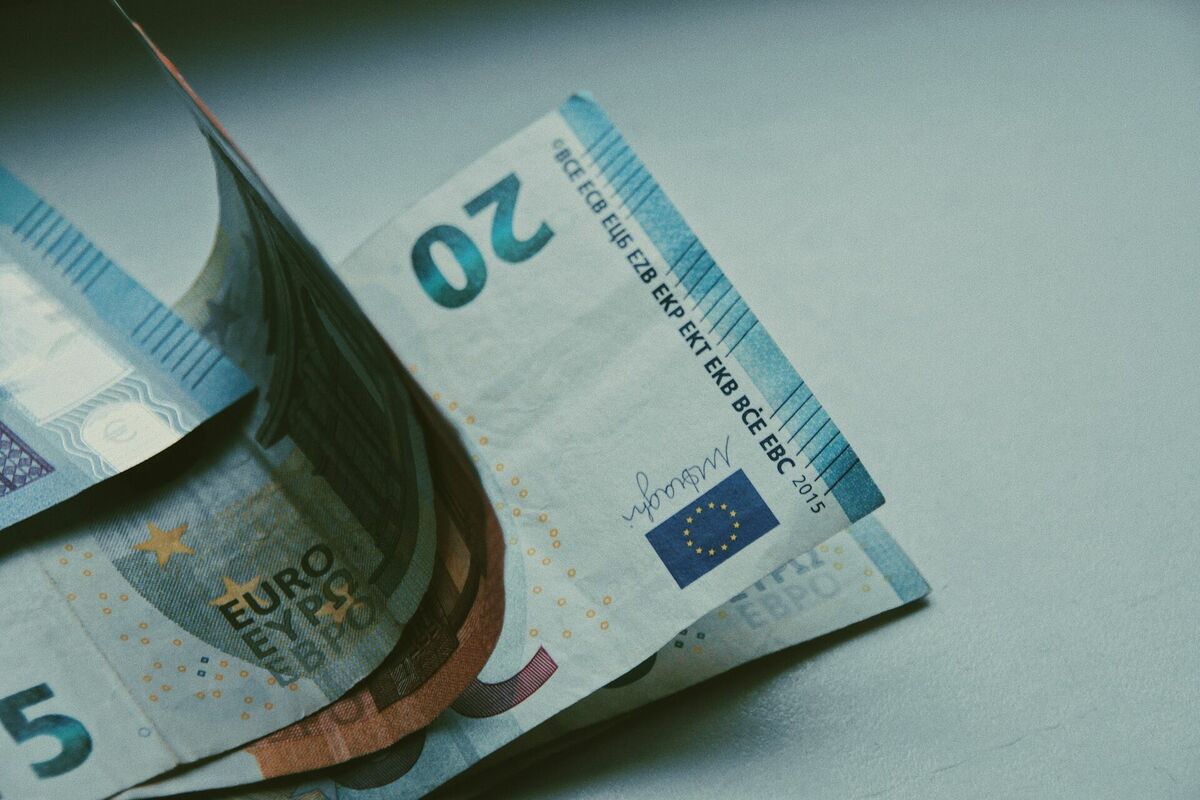“Luminor Bank” predicts that in 2024 Latvia’s gross domestic product (GDP) will grow by 1.8%, which is a decrease of 1.9 percentage points compared to the forecast in March, “Luminor Bank” economist Pēteris Strautiņš said on Wednesday in the presentation of the latest economic review.
He noted that weak growth is expected for Latvia this year, but none for the Baltics as a whole. Luminor Bank’s GDP growth forecast for Latvia for this year has not changed since March and remains at 0.6%.
At the same time, he mentioned that in 2025, if something dramatic does not happen in the world, an even faster acceleration of growth is expected, reaching 3% and more.
The economist explained that the forecasts for the end of this year and next year are not as encouraging as it seemed at the beginning, and this is mostly influenced by industry. Likewise, the consumption of private goods will be in the red this year, but since real wages will increase this year, a better performance of private goods is expected already next year.
Speaking about investments in fixed assets, Strautiņš said that Latvia is doing better than neighboring countries. This is mainly due to the fact that Latvia’s growth has so far been cautious, especially in the housing market. If construction in Latvia was in the red for three years, now it is starting to grow, contrary to the trends of the other Baltic countries. The housing market, which is relatively stable in Latvia, and European funds will help investment growth to continue in the coming years, Strautiņš predicts.
At the same time, the economist noted that there is a contrasting situation in exports. Export of goods is shrinking both in volume and monetary terms, but export of services is developing and will continue to develop well. He added that transit services, i.e. the transportation of raw materials from the east and the west, have shrunk and will make up 3-4% of the total export of services this year, while more than half will be IT, business and financial services. The tourism industry is also recovering from the pandemic, while air transport increased by more than 100% in the first half of the year.
Strautiņš said that the export of services plays an increasingly important role in Baltic exports, including that next year Luminor Bank expects the export of “smart services” to grow.
Strautiņš, however, noted that the export of services cannot compensate for the drop in the export of goods and the situation in the export industries is the main problem of the Latvian economy at the moment.
The economist explained that the near-term forecasts for construction-related industries are not encouraging – construction-related export markets will be weak. “Luminor Bank” predicts that improvements in the woodworking industry are expected only in the second half of 2024, after the reduction of interest rates and the exit of the housing markets of important export countries from the crisis.
On the other hand, industries related to metal production, processing, mechanical engineering and electronics have become the driving force of the industrial sector. In his opinion, Latvia is returning to the historical specification, which is mechanical engineering and chemistry. Thanks to these sectors, industry is expected to resume moderate growth next year and accelerate in the next two years.
Meanwhile, food processing has achieved an atypically large increase this year, partly due to a rapid drop in costs in several sub-sectors, as well as investments in increasing capacity, Strautiņš said.
Strautiņš pointed out that, in general, the Baltic countries have not had a good year in terms of exports, including the worst situation for Estonia, which is very dependent on the Finnish and Swedish markets. A 25% drop was observed in Estonia’s foreign trade in July.
On the other hand, speaking about inflation in Latvia, Strautiņš predicted that it will continue to decrease for a few more months, dropping to 1-2% at the end of the year and continuing to decrease at the beginning of next year. Inflation is influenced by rising commodity prices, as well as monetary and fiscal policy.
He explained that although raw material prices remain “rather high”, the year-on-year price drop is significant. Also, during the pandemic, there was a “major bottleneck” in the global commodity production system, which has now dissipated and the prices of durable goods are gradually falling.
The electricity prices for gas and electricity are also rather high, but they are “liveable”. In the medium term, energy resource prices will be driven down by the growth of renewable resource capacity, thus there will be longer periods when electricity prices will be very low, Strautiņš pointed out.
Mentioning food prices, Strautiņš noted that they have not returned to the previous point, but have returned to the previous price trend. At the same time, the total cost level for many manufacturers is significantly lower than last year. The prices of many products will fall further, because it is impossible to work with tens of percent profit margins in the production of simple products. Sooner or later there will be someone who is ready to deliver products cheaper, emphasized Strautiņš.
He added, however, that the direction of different food prices will differ, for example, the prices of milk and grain have fallen, but the prices of meat products will continue to rise in the meat market in Europe.
At the same time, also in the industrial sector, producers expect low or falling prices for their goods, while service providers expect a more down-to-earth price increase. Therefore, falling prices of goods and rising prices of services are expected in the next year and a half.
He also mentioned that “Luminor Bank” predicts a slight increase in the average unemployment rate in Latvia next year. The unemployment rate is very dependent on regions and industries, including in Riga, the forecasts are good, but in regions where there are limited job opportunities, there is a risk that some people could lose their jobs.
Luminor Bank’s inflation forecast expects an average price increase of 9% in the Baltics this year, and close to 0% next year.
2023-09-13 12:41:54
#Luminor #Bank #predicts #growth #Latvias #GDP #year


